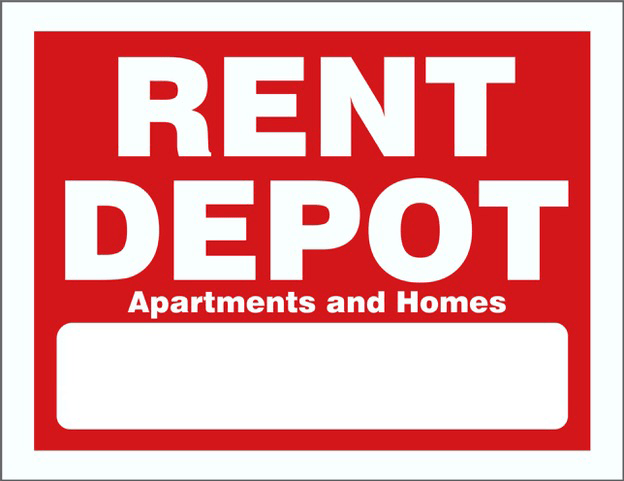2025 was supposed to be the year of rate cuts. Instead, we’re halfway through the year with no movement from the Fed, and whispers of maybe one cut before December. Meanwhile, rents are flat, tenant demand is shifting, and expenses keep climbing.
If you're a property owner or landlord, you might be feeling the squeeze. But don’t panic—this environment still holds opportunity. With the right strategies, you can protect your margins, retain great tenants, and set your portfolio up for long-term strength.
Here’s how to keep your rental property profitable in 2025—even when interest rates are high and rent growth has stalled.
🔍 1. Rethink Rent Increases—Strategically
While raising rents may seem like the obvious play in a high-cost environment, flat market conditions mean renters have more options—and are more likely to leave if prices jump.
Instead of blanket increases:
Target renewals with incentives like upgraded appliances, carpet replacement, or rent freezes for longer lease terms.
Use data: Compare your rents to active listings in your submarket—not just what you think your unit is worth.
Retain good tenants: A small increase with no vacancy is better than losing a tenant and sitting empty for a month.
👉 Pro Tip: At Rent Depot, we monitor renewal trends and local pricing monthly to help owners make smarter rent decisions.
💡 2. Focus on Operational Efficiency
If revenue isn’t increasing, profitability has to come from the expense side of the equation. That means cutting waste and improving systems:
Consolidate vendors to get volume discounts on maintenance services.
Switch to LED lighting and water-saving fixtures in common areas and units.
Digitize rent collection and communication to reduce admin time and errors.
Batch unit turnovers and inspections to avoid repeat truck rolls.
Rent Depot’s maintenance coordination and property systems are built to streamline operations—and protect your bottom line.
🔧 3. Prevent Big Repairs With Small Investments
In a high-interest environment, deferring maintenance can feel like a quick win—but it often backfires.
Instead:
Schedule seasonal inspections (HVAC in spring/fall, roof in summer).
Address minor plumbing or electrical issues early.
Budget annually for capital improvements (like exterior paint or window replacements) to reduce long-term risk.
Avoiding a $200 water leak can save you $5,000 in drywall, flooring, and tenant compensation.
📈 4. Explore Alternative Revenue Streams
If rent isn’t going up, your revenue per unit still can:
Covered or reserved parking for a small monthly charge.
Storage units or garages leased separately.
Washer/dryer rentals, vending machines, or high-speed internet reselling in multifamily setups.
These micro-revenue options can add 3–7% to your net operating income without touching base rent.
🤝 5. Don’t Self-Manage Through a Tight Market
When margins shrink, many landlords try to save money by self-managing. But in a complex market, mistakes are more expensive than management fees.
Consider:
One fair housing slip-up could cost thousands.
A poorly screened tenant could lead to evictions, damage, and legal fees.
Sitting on a vacancy for a month can erase 6–10% of annual income.
Rent Depot helps owners protect their time, reduce liability, and improve performance with professional-grade systems and local market expertise.
🎯 Conclusion: Adaptability Wins in 2025
This isn’t 2021. Properties won’t lease in a day. Rent isn’t rising 10% a year. And interest rates aren’t dropping fast anytime soon.
But smart landlords who:
Control costs
Retain good tenants
Monetize extras
Stay proactive
…can still build wealth in this environment.
📞 Need help navigating today’s rental market? Rent Depot is here to help you stay profitable—no matter what the Fed does next. Contact us today for a free property performance review.

